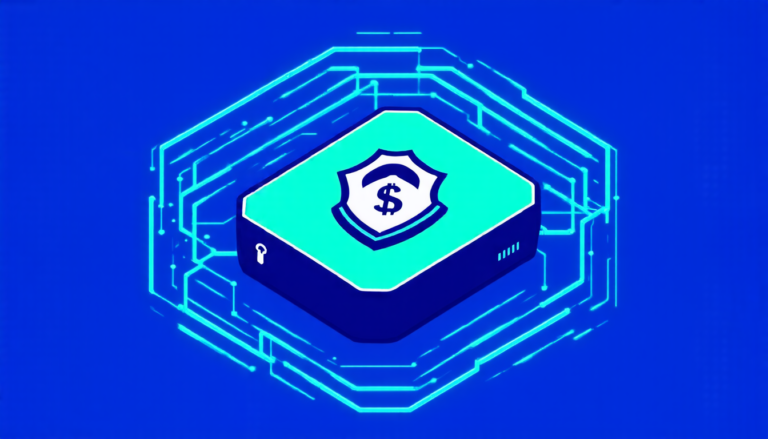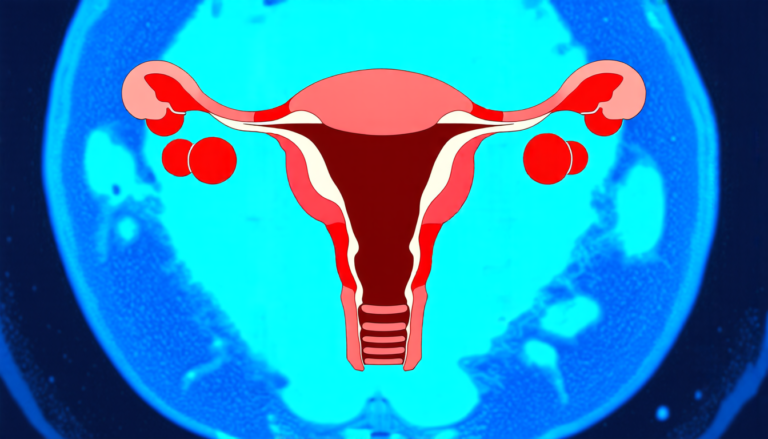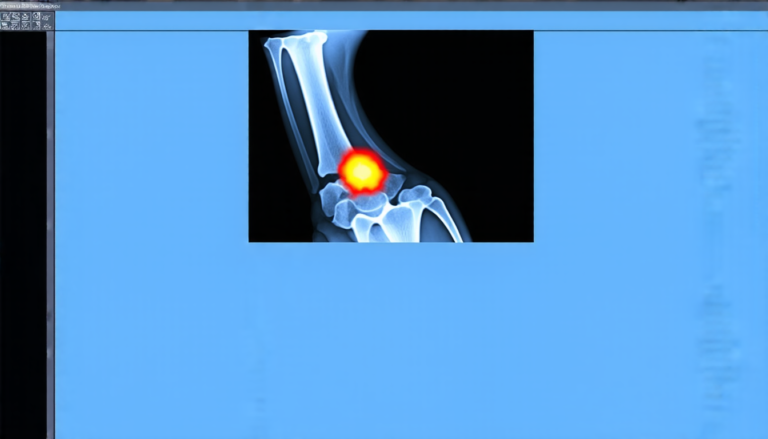Sunday 04 May 2025
The quest for secure data analysis has reached a new milestone, as researchers have developed a method to safeguard sensitive information while performing statistical computations on curved spaces.
Traditional approaches to differential privacy often rely on adding random noise to data, which can be effective but may not always provide sufficient protection. The new technique, called the K- Norm Gradient mechanism, takes a different tack by leveraging the geometry of the space in which the data resides.
The K-Norm Gradient mechanism is particularly well-suited for analyzing data that lives on non-Euclidean spaces, such as spheres or manifolds. These types of spaces are common in many fields, including computer vision, medical imaging, and machine learning.
The key innovation lies in the way the mechanism uses parallel transport to define a sensitive quantity, known as the sensitivity bound. This allows the algorithm to adapt to the curvature of the space, providing a more accurate estimate of the privacy risk.
To put this into perspective, consider a sphere, such as the surface of the Earth. Traditional approaches would struggle to accurately model the relationships between data points on this curved surface, leading to potential breaches in security. The K-Norm Gradient mechanism, on the other hand, can efficiently compute statistical quantities while respecting the underlying geometry of the sphere.
The researchers have demonstrated the effectiveness of their method through a series of experiments, showcasing its ability to provide strong differential privacy guarantees even in high-dimensional spaces.
One of the most promising aspects of this work is its potential to revolutionize the way we approach data analysis in various fields. By providing a more accurate and efficient means of computing statistical quantities on curved spaces, the K-Norm Gradient mechanism could enable new applications and insights that were previously out of reach.
As researchers continue to push the boundaries of what is possible with differential privacy, it will be exciting to see how this technology evolves and is applied in real-world scenarios. The potential for breakthroughs in fields such as computer vision, medical imaging, and machine learning is vast, and the K-Norm Gradient mechanism is an important step forward in achieving these goals.
The implications of this work extend beyond the realm of data analysis, with potential applications in cryptography, optimization, and even theoretical physics. As our world becomes increasingly reliant on complex systems and algorithms, it is crucial that we develop robust methods for ensuring the security and integrity of sensitive information.
In the years to come, it will be fascinating to watch how this technology develops and shapes the future of data analysis and privacy.
Cite this article: “Safeguarding Sensitive Information on Curved Spaces”, The Science Archive, 2025.
Data Analysis, Differential Privacy, K-Norm Gradient Mechanism, Statistical Computations, Curved Spaces, Non-Euclidean Spaces, Machine Learning, Computer Vision, Medical Imaging, Cryptography
Reference: Aditya Kulkarni, Carlos Soto, “Differentially Private Geodesic and Linear Regression” (2025).







